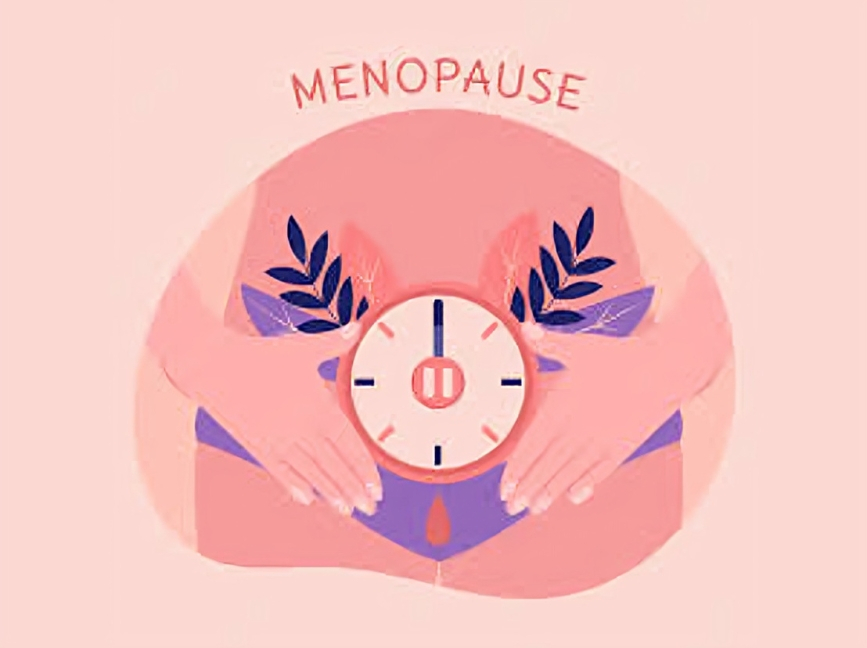Post Menopausal health
Post Menopause refers to the stage of life after a woman has gone 12 consecutive months without a menstrual period. While menstruation ends, hormonal changes continue to affect physical and emotional well-being. Maintaining postmenopausal health is essential for long-term quality of life, bone strength, heart health, and emotional stability.

Common Symptoms & Health Concerns :
Even after menopause, women may experience:
- Vaginal dryness or discomfort
- Urinary issues (infections, urgency, incontinence)
- Hot flashes or night sweats (less frequent)
- Mood swings or anxiety
- Sleep disturbances
- Reduced bone density (osteoporosis)
- Increased risk of heart disease
- Weight gain and fatigue
- Lower libido or sexual discomfort
Causes & Risk Factors :
Post Menopausal changes are primarily due to reduced levels of estrogen and progesterone. Additional risks may include:
- Sedentary lifestyle
- Poor diet or vitamin deficiencies
- Smoking or excessive alcohol use
- Family history of osteoporosis or heart disease
- Untreated medical conditions (diabetes, thyroid disorders)
Treatment & Management :
Managing post menopausal health involves a combination of medical care and lifestyle changes:
- Hormone Replacement Therapy (HRT) – for persistent symptoms (as appropriate)
- Calcium and Vitamin D supplements – to prevent bone loss
- Medications – for osteoporosis, cholesterol, or blood pressure
- Pelvic floor exercises – for bladder control
- Vaginal moisturizers or estrogen creams – to ease dryness
- Mental health support – for mood and sleep issues
- Regular screenings – for breast health, bone density, and cardiovascular risk
Prevention & Healthy Living Tips :
- Eat a bone-healthy diet rich in calcium and protein
- Exercise regularly – especially weight-bearing activities
- Get routine health check-ups and lab tests
- Stay socially active and mentally engaged
- Avoid smoking and limit alcohol intake
- Maintain a healthy weight and manage stress
- High Risk Pregnancies & Deliveries
- Pre Pregnancy Counselling
- Miscarriage
- Maternal Emotional Care
- Laparoscopic Gynae Surgery
- Menstrual Disorders
- Fibroids
- Infertility Endoscopy
- Polycystic Ovarian Disease (PCOD)
- Uterine & Ovarian Surgeries
- Adolescent gynaecological issues
- Menopause Counselling & Treatment
- Post Menopausal Health